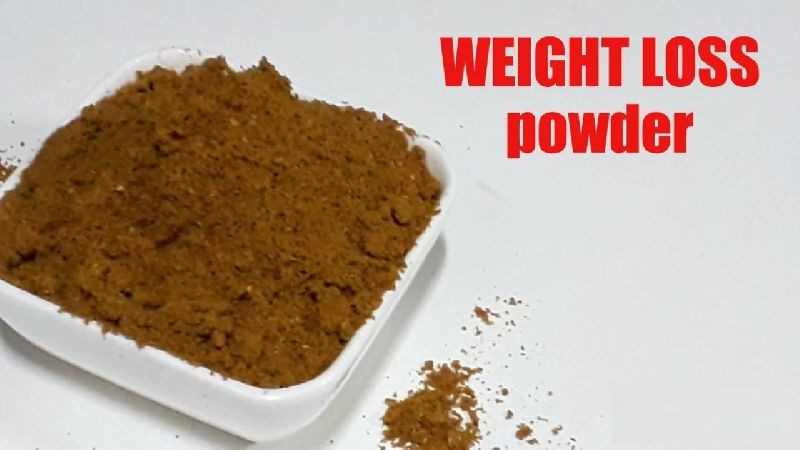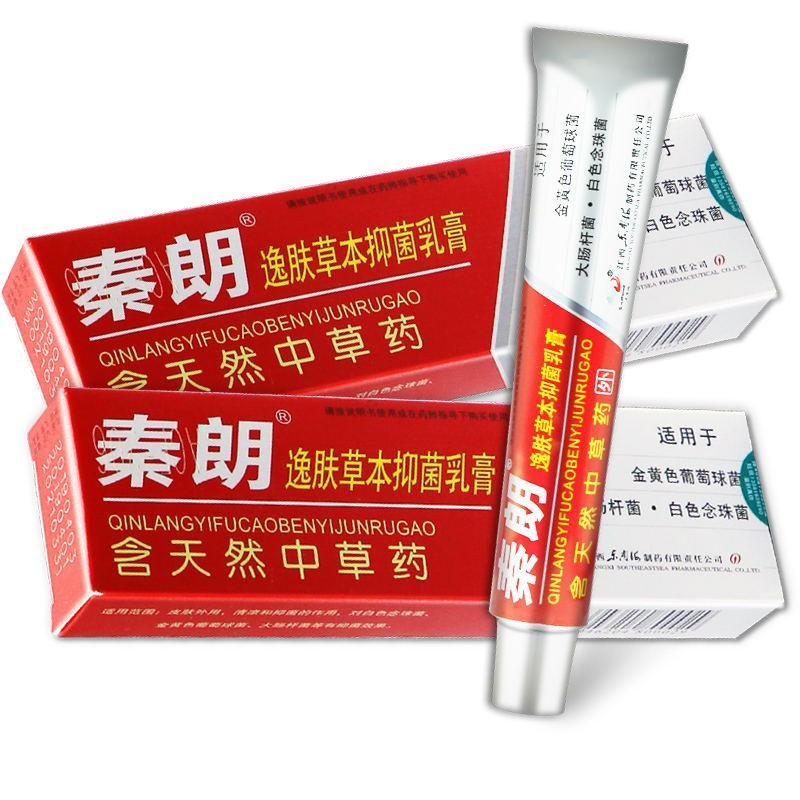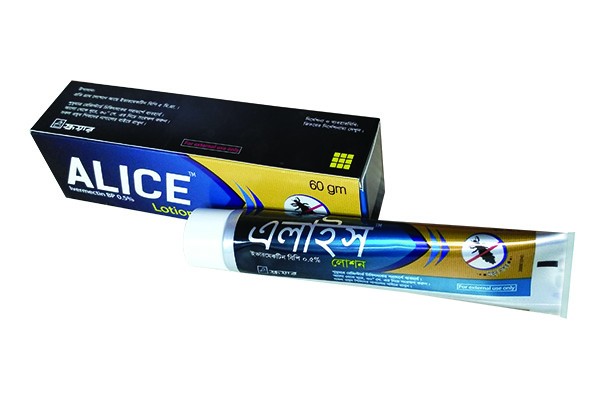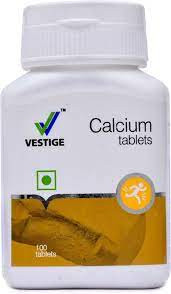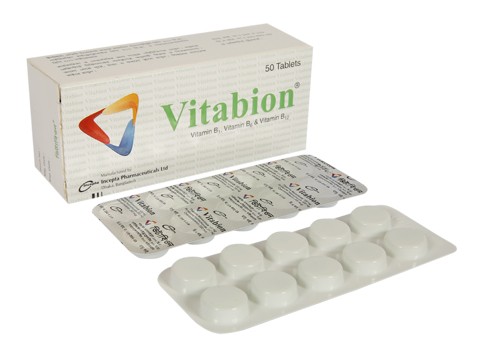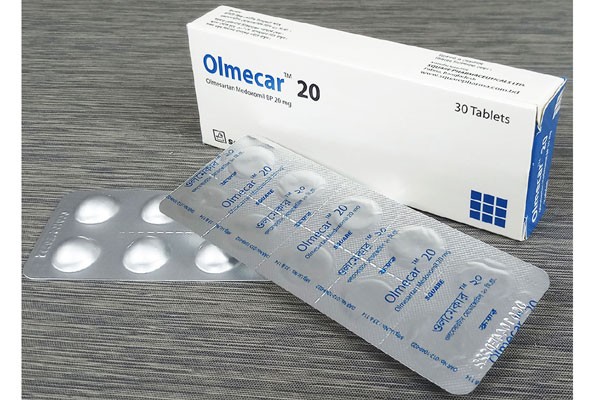

Olmecar Tablet 20 mg (10Pcs)
Inhouse product
-
৳1,030.00
৳1,550.00 -
৳10.00
৳12.00 -
৳280.00
৳500.00 -
৳127.00
৳132.00 -
৳900.00
৳1,300.00 -
৳112.00
৳120.00
Reviews & Ratings
Indications
Olmesartan is indicated for the treatment of mild to moderate essential hypertension. Olmesartan may be used alone or in combination with thiazide diuretic.
Therapeutic Class
Angiotensin-ll receptor blocker
Pharmacology
Olmesartan medoxomil is a potent, orally active, selective angiotensin II receptor (type AT1) antagonist. It is expected to block all actions of angiotensin II mediated by the AT1 receptor, regardless of the source or route of synthesis of angiotensin II. The selective antagonism of the angiotensin II (AT1) receptors results in increases in plasma renin levels and angiotensin I and II concentrations, and some decrease in plasma aldosterone concentrations. Angiotensin II is the primary vasoactive hormone of the renin-angiotensin- aldosterone system (RAAS) and plays a significant role in the pathophysiology of hypertension via the type 1 (AT1) receptor.
Dosage & Administration
Adult: Dosage must be individualized. The usual initial dose is 10 mg once daily. In patients whose blood pressure is not adequately controlled at this dose, the dose may be increased to 20 mg once daily as the optimal dose. For patients requiring further reduction in blood pressure after 2 weeks of therapy, the dose of Olmesartan may be increased to 40 mg. Doses above 40 mg do not appear to have greater effect.
Pediatric Use: Safety and effectiveness in pediatric patients have not been established.
Geriatric Use: Of the total number of hypertensive patients receiving Olmesartan Medoxomil in clinical studies, more than 20% were 65 years of age and over, while more than 5% were 75 years of age and older. No overall differences in effectiveness or safety were observed between elderly patients and younger patients.
Interaction
No significant drug interactions were reported in studies in which Olmesartan Medoxomil was co-administered with digoxin or warfarin in healthy volunteers. The bioavailability of Olmesartan was not significantly altered by the co-administration of antacids [Al(OH)3/Mg(OH)2]. Olmesartan Medoxomil is not metabolized by the cytochrome P450 system and has no effects on P450 enzymes; thus, interactions with drugs that inhibit, induce or are metabolized by those enzymes are not expected.
Contraindications
Olmesartan is contraindicated in patients who are hypersensitive to any component of this product.
Side Effects
Common or very common: Arthritis, chest pain, cough, fatigue, gastro-intestinal disturbances, haematuria, hypertriglyceridaemia, hyperuricaemia, influenza-like symptoms, musculoskeletal pain, peripheral edema, pharyngitis, rhinitis, urinary-tract infection.
Uncommon: Angina, rash, vertigo.
Very rare: Headache, myalgia, pruritus, thrombocytopenia, urticaria.
Pregnancy & Lactation
Pregnancy Categories C (first trimester) and D (second and third trimesters).
Nursing Mothers: It is not known whether Olmesartan is excreted in human milk, but Olmesartan is secreted at low concentration in the milk of lactating rats. Because of the potential for adverse effects on the nursing infant, a decision should be made whether to discontinue nursing or discontinue the drug, taking into account the importance of the drug to the mother.
Precautions & Warnings
Fetal/Neonatal Morbidity and Mortality: Drugs that act directly on the renin-angiotensin system can cause fetal and neonatal morbidity and death when administered to pregnant women. Several dozen cases have been reported in the world literature of patients who were taking angiotensin converting enzyme inhibitors. When pregnancy is detected, Olmesartan Medoxomil should be discontinued as soon as possible.
Hypotension in Volume- or Salt-Depleted Patients: In patients with an activated renin-angiotensin system, such as volume- and/or salt-depleted patients (e.g., those being treated with high doses of diuretics), symptomatic hypotension may occur after initiation of treatment with Olmesartan Medoxomil. Treatment should start under close medical supervision. If hypotension does occur, the patient should be placed in the supine position and, if necessary, given an intravenous infusion of normal saline.
Use in Special Populations
Hepatic Impairment: Dose should not exceed 20 mg daily in moderate impairment.
Renal Impairment: Max. 20 mg daily if eGFR 20–60 mL/minute/1.73 m2. Avoid if eGFR less than 20 mL/minute/1.73 m2
.
Overdose Effects
Only limited information is available regarding overdosage in humans. The most likely effect of overdosage is hypotension. In the event of overdosage, the patient should be carefully monitored and treatment should be symptomatic and supportive. No information is available regarding the dialysability of olmesartan.
Storage Conditions
Keep out of the reach of children. Keep in the original package in a cool & dry place. Protect from light and moisture.Indications
Olmesartan is indicated for the treatment of mild to moderate essential hypertension. Olmesartan may be used alone or in combination with thiazide diuretic.
Therapeutic Class
Angiotensin-ll receptor blocker
Pharmacology
Olmesartan medoxomil is a potent, orally active, selective angiotensin II receptor (type AT1) antagonist. It is expected to block all actions of angiotensin II mediated by the AT1 receptor, regardless of the source or route of synthesis of angiotensin II. The selective antagonism of the angiotensin II (AT1) receptors results in increases in plasma renin levels and angiotensin I and II concentrations, and some decrease in plasma aldosterone concentrations. Angiotensin II is the primary vasoactive hormone of the renin-angiotensin- aldosterone system (RAAS) and plays a significant role in the pathophysiology of hypertension via the type 1 (AT1) receptor.
Dosage & Administration
Adult: Dosage must be individualized. The usual initial dose is 10 mg once daily. In patients whose blood pressure is not adequately controlled at this dose, the dose may be increased to 20 mg once daily as the optimal dose. For patients requiring further reduction in blood pressure after 2 weeks of therapy, the dose of Olmesartan may be increased to 40 mg. Doses above 40 mg do not appear to have greater effect.
Pediatric Use: Safety and effectiveness in pediatric patients have not been established.
Geriatric Use: Of the total number of hypertensive patients receiving Olmesartan Medoxomil in clinical studies, more than 20% were 65 years of age and over, while more than 5% were 75 years of age and older. No overall differences in effectiveness or safety were observed between elderly patients and younger patients.
Interaction
No significant drug interactions were reported in studies in which Olmesartan Medoxomil was co-administered with digoxin or warfarin in healthy volunteers. The bioavailability of Olmesartan was not significantly altered by the co-administration of antacids [Al(OH)3/Mg(OH)2]. Olmesartan Medoxomil is not metabolized by the cytochrome P450 system and has no effects on P450 enzymes; thus, interactions with drugs that inhibit, induce or are metabolized by those enzymes are not expected.
Contraindications
Olmesartan is contraindicated in patients who are hypersensitive to any component of this product.
Side Effects
Common or very common: Arthritis, chest pain, cough, fatigue, gastro-intestinal disturbances, haematuria, hypertriglyceridaemia, hyperuricaemia, influenza-like symptoms, musculoskeletal pain, peripheral edema, pharyngitis, rhinitis, urinary-tract infection.
Uncommon: Angina, rash, vertigo.
Very rare: Headache, myalgia, pruritus, thrombocytopenia, urticaria.
Pregnancy & Lactation
Pregnancy Categories C (first trimester) and D (second and third trimesters).
Nursing Mothers: It is not known whether Olmesartan is excreted in human milk, but Olmesartan is secreted at low concentration in the milk of lactating rats. Because of the potential for adverse effects on the nursing infant, a decision should be made whether to discontinue nursing or discontinue the drug, taking into account the importance of the drug to the mother.
Precautions & Warnings
Fetal/Neonatal Morbidity and Mortality: Drugs that act directly on the renin-angiotensin system can cause fetal and neonatal morbidity and death when administered to pregnant women. Several dozen cases have been reported in the world literature of patients who were taking angiotensin converting enzyme inhibitors. When pregnancy is detected, Olmesartan Medoxomil should be discontinued as soon as possible.
Hypotension in Volume- or Salt-Depleted Patients: In patients with an activated renin-angiotensin system, such as volume- and/or salt-depleted patients (e.g., those being treated with high doses of diuretics), symptomatic hypotension may occur after initiation of treatment with Olmesartan Medoxomil. Treatment should start under close medical supervision. If hypotension does occur, the patient should be placed in the supine position and, if necessary, given an intravenous infusion of normal saline.
Use in Special Populations
Hepatic Impairment: Dose should not exceed 20 mg daily in moderate impairment.
Renal Impairment: Max. 20 mg daily if eGFR 20–60 mL/minute/1.73 m2. Avoid if eGFR less than 20 mL/minute/1.73 m2
.
Overdose Effects
Only limited information is available regarding overdosage in humans. The most likely effect of overdosage is hypotension. In the event of overdosage, the patient should be carefully monitored and treatment should be symptomatic and supportive. No information is available regarding the dialysability of olmesartan.
Storage Conditions
Keep out of the reach of children. Keep in the original package in a cool & dry place. Protect from light and moisture.Indications
Olmesartan is indicated for the treatment of mild to moderate essential hypertension. Olmesartan may be used alone or in combination with thiazide diuretic.
Therapeutic Class
Angiotensin-ll receptor blocker
Pharmacology
Olmesartan medoxomil is a potent, orally active, selective angiotensin II receptor (type AT1) antagonist. It is expected to block all actions of angiotensin II mediated by the AT1 receptor, regardless of the source or route of synthesis of angiotensin II. The selective antagonism of the angiotensin II (AT1) receptors results in increases in plasma renin levels and angiotensin I and II concentrations, and some decrease in plasma aldosterone concentrations. Angiotensin II is the primary vasoactive hormone of the renin-angiotensin- aldosterone system (RAAS) and plays a significant role in the pathophysiology of hypertension via the type 1 (AT1) receptor.
Dosage & Administration
Adult: Dosage must be individualized. The usual initial dose is 10 mg once daily. In patients whose blood pressure is not adequately controlled at this dose, the dose may be increased to 20 mg once daily as the optimal dose. For patients requiring further reduction in blood pressure after 2 weeks of therapy, the dose of Olmesartan may be increased to 40 mg. Doses above 40 mg do not appear to have greater effect.
Pediatric Use: Safety and effectiveness in pediatric patients have not been established.
Geriatric Use: Of the total number of hypertensive patients receiving Olmesartan Medoxomil in clinical studies, more than 20% were 65 years of age and over, while more than 5% were 75 years of age and older. No overall differences in effectiveness or safety were observed between elderly patients and younger patients.
Interaction
No significant drug interactions were reported in studies in which Olmesartan Medoxomil was co-administered with digoxin or warfarin in healthy volunteers. The bioavailability of Olmesartan was not significantly altered by the co-administration of antacids [Al(OH)3/Mg(OH)2]. Olmesartan Medoxomil is not metabolized by the cytochrome P450 system and has no effects on P450 enzymes; thus, interactions with drugs that inhibit, induce or are metabolized by those enzymes are not expected.
Contraindications
Olmesartan is contraindicated in patients who are hypersensitive to any component of this product.
Side Effects
Common or very common: Arthritis, chest pain, cough, fatigue, gastro-intestinal disturbances, haematuria, hypertriglyceridaemia, hyperuricaemia, influenza-like symptoms, musculoskeletal pain, peripheral edema, pharyngitis, rhinitis, urinary-tract infection.
Uncommon: Angina, rash, vertigo.
Very rare: Headache, myalgia, pruritus, thrombocytopenia, urticaria.
Pregnancy & Lactation
Pregnancy Categories C (first trimester) and D (second and third trimesters).
Nursing Mothers: It is not known whether Olmesartan is excreted in human milk, but Olmesartan is secreted at low concentration in the milk of lactating rats. Because of the potential for adverse effects on the nursing infant, a decision should be made whether to discontinue nursing or discontinue the drug, taking into account the importance of the drug to the mother.
Precautions & Warnings
Fetal/Neonatal Morbidity and Mortality: Drugs that act directly on the renin-angiotensin system can cause fetal and neonatal morbidity and death when administered to pregnant women. Several dozen cases have been reported in the world literature of patients who were taking angiotensin converting enzyme inhibitors. When pregnancy is detected, Olmesartan Medoxomil should be discontinued as soon as possible.
Hypotension in Volume- or Salt-Depleted Patients: In patients with an activated renin-angiotensin system, such as volume- and/or salt-depleted patients (e.g., those being treated with high doses of diuretics), symptomatic hypotension may occur after initiation of treatment with Olmesartan Medoxomil. Treatment should start under close medical supervision. If hypotension does occur, the patient should be placed in the supine position and, if necessary, given an intravenous infusion of normal saline.
Use in Special Populations
Hepatic Impairment: Dose should not exceed 20 mg daily in moderate impairment.
Renal Impairment: Max. 20 mg daily if eGFR 20–60 mL/minute/1.73 m2. Avoid if eGFR less than 20 mL/minute/1.73 m2
.
Overdose Effects
Only limited information is available regarding overdosage in humans. The most likely effect of overdosage is hypotension. In the event of overdosage, the patient should be carefully monitored and treatment should be symptomatic and supportive. No information is available regarding the dialysability of olmesartan.
Storage Conditions
Keep out of the reach of children. Keep in the original package in a cool & dry place. Protect from light and moisture.
Frequently Bought Products
-
৳1,030.00
৳1,550.00 -
৳10.00
৳12.00 -
৳280.00
৳500.00 -
৳127.00
৳132.00 -
৳900.00
৳1,300.00 -
৳112.00
৳120.00
Online Shopping Bangladesh : MShopBD-Majumder Shop
MShopBD-Majumder Shop Online Shopping in Bangladesh is the Best Shopping store within 10000+ products cash on delivery in dhaka, Khulna, ctg & all over Bangladesh with COD-cash on delivery (Only Shipping Cost Advance ) under by www.esdp.gov.bd (bangladesh.gov.bd ) Home Delivery all Over Bangladesh different location and shop as like as Multivendor Online Sites in BD.
Thank you for choosing MShopBD - Majumder Shop!
